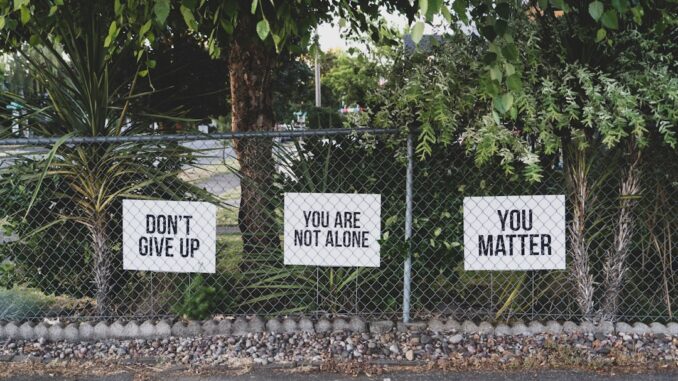
Summary
This article provides practical tips for maintaining employment during addiction recovery. It addresses common challenges like workplace stress, peer pressure, and disclosure, offering strategies to navigate these issues successfully. The guide emphasizes the importance of self-care, open communication, and utilizing support systems for a positive work-recovery balance.
** Main Story**
Okay, so let’s talk about something that’s both sensitive and incredibly important: staying employed while you’re on the road to recovery from addiction. It’s a tough balancing act, no doubt. But honestly, it’s totally doable, especially if you’ve got a solid plan. Think of this as your roadmap.
Speaking Up: Talking to Your Boss
Now, this part can be nerve-wracking, I get it. You’re not legally obligated to spill the beans to your employer, but hear me out: being upfront with your supervisor or HR department can actually be a game-changer. Imagine the relief of having them in your corner! You could explain where you’re at, emphasizing your dedication to both your recovery and your job. Discuss any adjustments you might need – maybe tweaking your work hours for therapy, for instance. This kind of open communication can create a supportive vibe at work, which is invaluable. And think about it, your improved well-being directly translates to better job performance, right?
Know Your Rights!
Seriously, do your homework on the Americans with Disabilities Act (ADA). It’s there to protect people in recovery from being discriminated against. Knowing your rights empowers you to advocate for what you need and ensures you’re treated fairly. Important note: the ADA protects you from getting fired for seeking treatment, but not if your addiction is actively affecting your work. Also, check out labor laws in your state, you might find some extra layers of protection there.
Building Your Work Crew
Having a support system at work can be a massive help. Find colleagues you trust, people who offer a listening ear and a little encouragement. If your workplace has an Employee Assistance Program (EAP), jump on it! They offer confidential counseling and support, which can be a real lifesaver. Trust me, surrounding yourself with understanding coworkers makes a world of difference.
Dodging Triggers and Managing Stress
Let’s face it, work can be a minefield of triggers. Stressful deadlines, office parties with booze flowing freely, tense interactions with coworkers… the list goes on. The trick is to identify these triggers before they hit you. Then, arm yourself with healthy coping mechanisms. Mindfulness techniques? Deep breathing exercises? Even just a quick break to clear your head can work wonders. And hey, if your company offers wellness programs like yoga or meditation, sign me up!
Don’t Forget About You!
Work-life balance? It’s not just some buzzword, it’s essential! Prioritize self-care outside of work. Regular exercise, healthy food, enough sleep – these aren’t luxuries, they’re the building blocks of your well-being. When you’re strong, you’re better equipped to handle the pressures of work and reduce the risk of relapse. Find hobbies you love, activities that nurture your mental and emotional health. I picked up pottery last year, and while I’m no Picasso, it’s a great stress reliever!
External Support is Key
Don’t ditch those recovery meetings or therapy sessions! They’re lifelines. Connecting with others who get it provides invaluable support and reinforces your commitment to staying sober. Sharing experiences and challenges with peers can help you stay on track. And definitely tap your therapist for guidance on managing work-related stress and sticking to your recovery goals.
Small Wins are Still Wins
Look, recovery is a marathon, not a sprint. Be kind to yourself. Setbacks happen, it’s part of the process. But celebrate those small victories along the way! Set realistic expectations for yourself, both in your recovery and in your job. This helps you avoid feeling overwhelmed. A friend of mine always says, ‘Progress, not perfection!’ Focus on the positive changes you’ve made and the skills you’ve gained on this journey.
So, there you have it. Keeping your job during recovery is a challenge, no doubt, but it’s also an opportunity to show yourself – and your employer – just how resilient you are. Prioritize your well-being, communicate openly, and lean on your support systems. And remember, your recovery isn’t just a personal victory; it can have a positive ripple effect on your professional life too. It’s about being strong, because, you are.


Be the first to comment